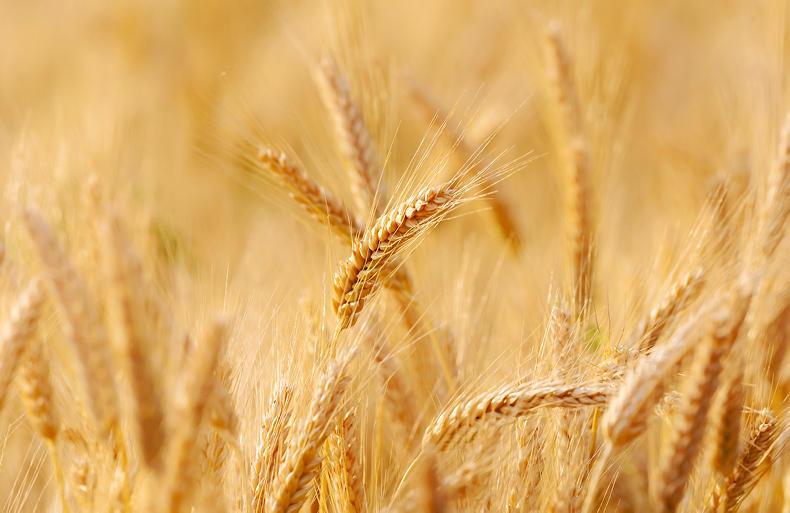The hijacking of the terms ‘green’ and ‘sustainable’ by anti-genetically modified organism (GMO) groups is misleading, according scientists at University College Cork (UCC). The criticism comes in the wake of the European Court of Justice’s (ECJ) ruling that organisms obtained by gene-editing are also GMOs.
Earlier in July, the Irish Government also passed legislation that would allow Ireland to opt out of any future GMO cultivation in the EU. Speaking at the time of the announcement, Denis Naughten, Minister for Communications, Climate Action and Environment, said GMO free-status was a key part of Ireland’s green reputation.
"I believe it is critically important that Ireland takes whatever steps are necessary to maintain our GMO cultivation-free status, which is a key element of our international reputation as a green, sustainable food producer,” he commented.
Gene-editing
Dr Barbara Doyle Prestwich and Dr Eoin Lettice of UCC have said it is grossly misleading to equate "GMO cultivation-free status with green, sustainable food [production]". They have organised the International Association for Plant Biotechnology’s (IAPB) congress, which is taking place in Dublin this week. It is their hope it will provide an opportunity to demonstrate the scientific evidence on the safety and economic viability of utilising biotechnology, such as gene-editing, in agriculture.
“The next generation of gene-edited crops has the potential to cut climate emissions in agriculture and boost global food security. Such crops are far more ‘green’ and ‘sustainable’ than they are given credit for and should be utilised as part of any sustainable food production system, including organic agriculture,” said Dr Lettice.
He added that in 2016 alone fewer insecticide sprays due to the adoption of GM crops resulted in a reduction of 26.7bn kg of CO2 emissions – equivalent to removing 11.9m cars off the road.
Read more
EU deals body blow to gene-editing technology
Wheat genome assembly could ‘drive disruptive innovation’
The hijacking of the terms ‘green’ and ‘sustainable’ by anti-genetically modified organism (GMO) groups is misleading, according scientists at University College Cork (UCC). The criticism comes in the wake of the European Court of Justice’s (ECJ) ruling that organisms obtained by gene-editing are also GMOs.
Earlier in July, the Irish Government also passed legislation that would allow Ireland to opt out of any future GMO cultivation in the EU. Speaking at the time of the announcement, Denis Naughten, Minister for Communications, Climate Action and Environment, said GMO free-status was a key part of Ireland’s green reputation.
"I believe it is critically important that Ireland takes whatever steps are necessary to maintain our GMO cultivation-free status, which is a key element of our international reputation as a green, sustainable food producer,” he commented.
Gene-editing
Dr Barbara Doyle Prestwich and Dr Eoin Lettice of UCC have said it is grossly misleading to equate "GMO cultivation-free status with green, sustainable food [production]". They have organised the International Association for Plant Biotechnology’s (IAPB) congress, which is taking place in Dublin this week. It is their hope it will provide an opportunity to demonstrate the scientific evidence on the safety and economic viability of utilising biotechnology, such as gene-editing, in agriculture.
“The next generation of gene-edited crops has the potential to cut climate emissions in agriculture and boost global food security. Such crops are far more ‘green’ and ‘sustainable’ than they are given credit for and should be utilised as part of any sustainable food production system, including organic agriculture,” said Dr Lettice.
He added that in 2016 alone fewer insecticide sprays due to the adoption of GM crops resulted in a reduction of 26.7bn kg of CO2 emissions – equivalent to removing 11.9m cars off the road.
Read more
EU deals body blow to gene-editing technology
Wheat genome assembly could ‘drive disruptive innovation’






 This is a subscriber-only article
This is a subscriber-only article










SHARING OPTIONS: